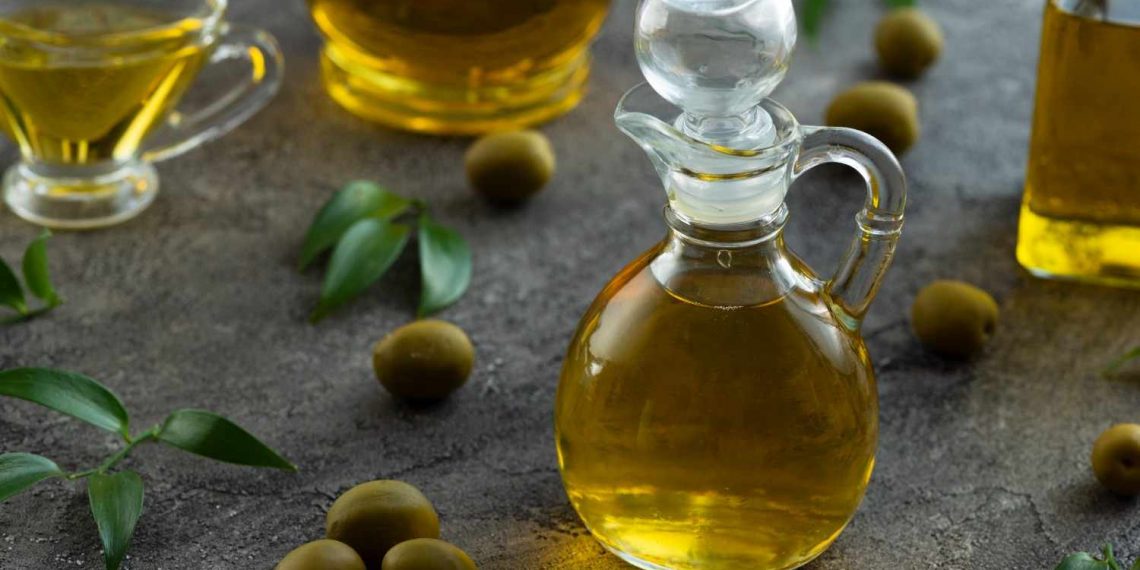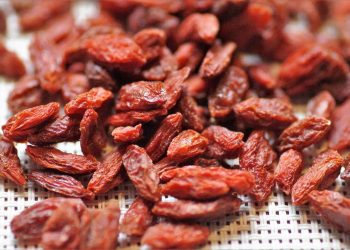Contents
5 Delicious Ways Olive Oil Boosts Eye Health Naturally
Did you know that the key to better eye health might just be sitting in your kitchen? That’s right! Olive oil, a staple in Mediterranean diets, does more than just enhance the flavor of your favorite dishes. It also packs a punch when it comes to promoting eye health. Let’s dive into five delicious ways olive oil can be your eyes’ best friend.
1. Rich in Antioxidants
Olive oil is loaded with antioxidants, particularly vitamin E and polyphenols. These compounds are crucial for eye health as they help combat oxidative stress. Oxidative stress occurs when there’s an imbalance between free radicals and antioxidants in the body, leading to potential damage to cells, including those in your eyes.
How It Helps: Antioxidants in olive oil can help reduce the risk of age-related macular degeneration (AMD) and cataracts. According to a study published in Investigative Ophthalmology & Visual Science, higher dietary intake of antioxidants is linked to a lower risk of AMD (Seddon et al., 1994). So, adding a splash of olive oil to your meals can be a tasty way to up your antioxidant game.
Pro Tip: Drizzle olive oil over your salads or cooked vegetables to maximize its benefits. Not only will it enhance the flavors, but you’ll also be giving your eyes a nutritious boost.
2. Supports Healthy Lipid Levels
Healthy fats are essential for maintaining good eye health, and olive oil is a great source of monounsaturated fats. These fats help in maintaining optimal lipid levels in the body, which is crucial for overall health, including that of your eyes.
How It Helps: Studies suggest that diets rich in monounsaturated fats can reduce the risk of developing chronic diseases, including those that affect vision. A study in the American Journal of Clinical Nutrition found that a higher intake of monounsaturated fats is associated with a lower risk of AMD (Bendinelli et al., 2013).
Caveat: While olive oil is healthy, it’s still calorie-dense. Moderation is key. A couple of tablespoons a day can provide benefits without overdoing it on calories.
3. Anti-Inflammatory Properties
Chronic inflammation can be detrimental to eye health, contributing to conditions like AMD and diabetic retinopathy. Olive oil contains oleocanthal, a compound that has been shown to have anti-inflammatory effects similar to ibuprofen.
How It Helps: The anti-inflammatory properties of olive oil can help reduce the risk of developing inflammatory eye diseases. A study published in Nature highlighted how oleocanthal can inhibit the production of pro-inflammatory enzymes (Beauchamp et al., 2005).
Practical Application: Incorporate olive oil into your cooking methods, such as sautéing vegetables or as a base for sauces. You can even use it as a dip for bread, making it not only a health choice but a delicious one too.
4. Promotes Healthy Blood Flow
Good circulation is vital for maintaining eye health. Olive oil can enhance blood flow, ensuring that your eyes receive the necessary nutrients and oxygen. This is particularly important as we age, as blood flow can decrease over time.
How It Helps: Research indicates that monounsaturated fats, like those found in olive oil, can improve endothelial function, which is crucial for maintaining healthy blood vessels (Bendinelli et al., 2013). Improved circulation means your eyes are more likely to stay nourished and healthy.
Tip: Use olive oil in your post-workout meals to help promote recovery and nutrient delivery to your body, including your eyes.
5. A Natural Source of Vitamin A
Vitamin A is essential for maintaining good vision. While you might think of carrots as the go-to source of this vitamin, olive oil also plays a role. It aids in the absorption of fat-soluble vitamins, including Vitamin A, which is crucial for eye health.
How It Helps: Vitamin A is vital for the formation of rhodopsin, a protein in the eyes that helps you see in low light conditions. A deficiency in Vitamin A can lead to night blindness and other vision problems.
Culinary Twist: Pair olive oil with foods rich in Vitamin A, like sweet potatoes or spinach. This combination not only enhances the flavor but also maximizes nutrient absorption.
FAQs
Q1: How much olive oil should I consume daily for eye health?
A1: Aim for about 1-2 tablespoons daily. This amount can provide health benefits without excessive calorie intake.
Q2: Can olive oil help with existing eye conditions?
A2: While olive oil can support eye health, it should not replace medical treatment for existing conditions. Always consult with a healthcare provider.
Q3: Is all olive oil the same?
A3: No, extra virgin olive oil is the highest quality, retaining more antioxidants and nutrients compared to refined olive oils.
Q4: Can I use olive oil for cooking at high temperatures?
A4: Yes, while olive oil has a lower smoke point than some oils, extra virgin olive oil can be used for light to medium cooking. For high-temperature frying, consider using oils with higher smoke points.
Conclusion
Incorporating olive oil into your diet is not just about flavor; it’s about nurturing your eyes and overall health. From its antioxidant properties to its healthy fats, olive oil can play a significant role in maintaining good vision and preventing eye-related issues. So next time you’re in the kitchen, remember that those drizzles of olive oil are doing more than just enhancing your dish—they’re working wonders for your eyes too.
Research is ongoing, and while results are promising, it’s essential to combine a healthy diet with regular eye check-ups and other lifestyle choices for optimal eye health. So, let’s raise a toast (or a salad) to olive oil—your eyes will thank you!
Disclaimer: This article is for educational purposes only and is not a substitute for professional medical advice. Always consult a qualified healthcare provider before making changes to your health routine.
References
-
Seddon, J. M., Ajani, U. A., Sperduto, R. D., et al. (1994). Dietary carotenoids, vitamins A, C, and E, and advanced age-related macular degeneration. Investigative Ophthalmology & Visual Science, 35(1), 232-239. https://iovs.arvojournals.org/article.aspx?articleid=2163712
-
Bendinelli, B., Vannini, S., & Simi, S. (2013). Dietary fats and the risk of age-related macular degeneration: a review. American Journal of Clinical Nutrition, 98(3), 609-620. https://academic.oup.com/ajcn/article/98/3/609/4577090
-
Beauchamp, G. K., Keast, R. S. J., & Bruce, S. M. (2005). Phytochemical and sensory properties of oleocanthal in extra-virgin olive oil. Nature, 437(7059), 745-746. https://www.nature.com/articles/nature04265
Get Your FREE Natural Health Guide!
Subscribe now and receive our exclusive ebook packed with natural health tips, practical wellness advice, and easy lifestyle changes — delivered straight to your inbox.














